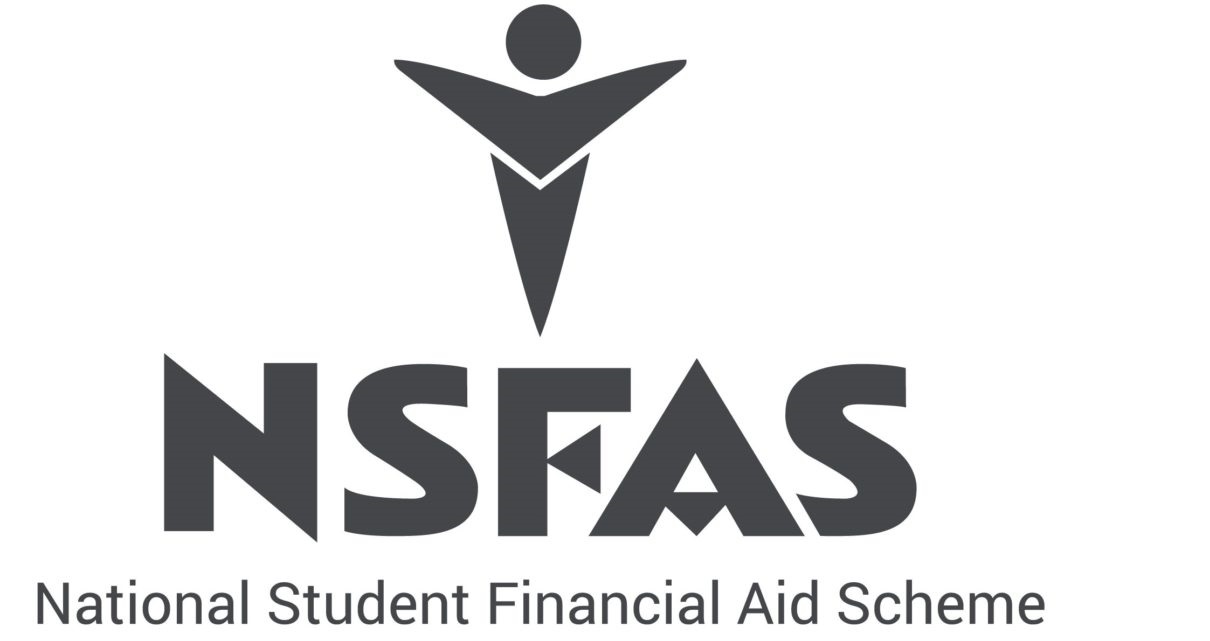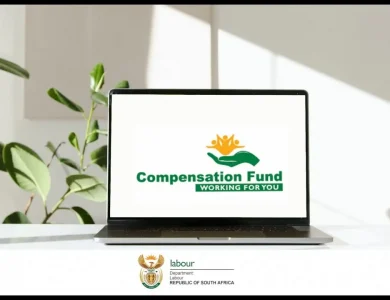NSFAS Bursary Application 2023 for Second Semester

National Student Financial Aid Scheme (NSFAS) is offering Funding / Bursaries Programme for 2023 academic year second semester.
Applications will be open from Monday, 17 July 2023 until Sunday, 30 July 2023.
The National Student Financial Aid Scheme has officially opened applications for students wanting to apply for the Second Semester. Here is everything you need to know about applying for a NSFAS bursary.
The National Student Financial Aid Scheme (NSFAS) has opened their application window for Semester 2. Applications will be open from Monday, 17 July 2023 until Sunday, 30 July 2023.
NSFAS provides bursaries to lower-income students wishing to pursue undergraduate studies at public universities, universities of technology and TVET colleges. You can apply for NSFAS funding online in a few simple steps.
How To Apply For NSFAS Funding
Students are encouraged to apply via TVET College bursary offices, online via the NSFAS website, or NSFAS head office.
Here’s how to submit your NSFAS bursary application online via the NSFAS website.
- Go to the NSFAS website
- .
- Click on the ‘myNSFAS’ tab.
- Create a myNSFAS account.
- Click on the ‘APPLY’ tab and complete the sections on the screen.
- Upload required supporting documents where applicable.
- Click on ‘Submit’
Make sure that you fill in your personal details and contact information correctly, so that you can keep up to date with the status of your application.
The walk-in online application platform and assistive capture application platform are also available to students. When using the walk-in online application platform students make use of the college computer lab to submit their applications, whereas college officials apply on behalf of the student through the assistive capture application platform.
Here Are The Documents You’ll Need To Submit
- Copy of South African birth certificate/copy of ID document/Temporary ID of the student.
- Copy of South African birth certificate/copy of ID document/Temporary ID of parent(s)/guardian/spouse.
- Proof of income – student/parent(s)/guardian or spouse (not older than 3 months)
- Sassa recipients do not need to provide proof of income.
Ensure that you submit all the necessary supporting documents to avoid any delays in the application process or being rejected by NSFAS.
Colleges usually have a bursary office where students can receive assistance with submitting their applications. An official will do the application on behalf of the student if they provide them with the above documents.
It is recommended that you submit your application as soon as possible to ensure that you receive funding for your studies.
How To Track Your NSFAS Application
- Visit the NSFAS website.
- Click on the “myNSFAS” tab on the menu bar at the top of the page.
- Log in to your myNSFAS account using your username and password.
- Once you are logged in, click on the “track funding progress” option.
- Your application status will be displayed on the screen, indicating whether your application has been approved or not.
NSFAS Requirements
The NSFAS criteria for TVET students is as follows:
- Must be a South African citizen
- Must be registered or intending to register on a PLP, NC(V) or Report 191 programme at any public TVET College in South Africa
- Must be admitted/received a firm offer for enrolment in a College
- Must be in need of financial assistance
- Applicants will qualify if they fall within the maximum threshold of up to R350 000 of combined gross family income per annum
- Returning students must demonstrate proven and accepted academic performance (academically deserving) in line with the College’s progression policy or the progression prescriptions of the Bursary Rules and Guidelines (whichever is higher)
- Must not be enrolling for a qualification that duplicates previous learning that was state-funded
If you meet these requirements, you should apply for NSFAS.
What A NSFAS Bursary Covers
- Registration
- Tuition Fees
- Personal Care Allowance
- Transport Allowance
- Accommodation Allowance



